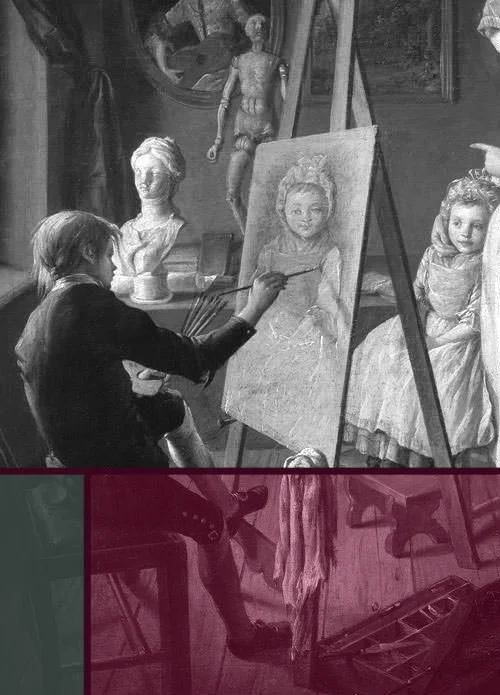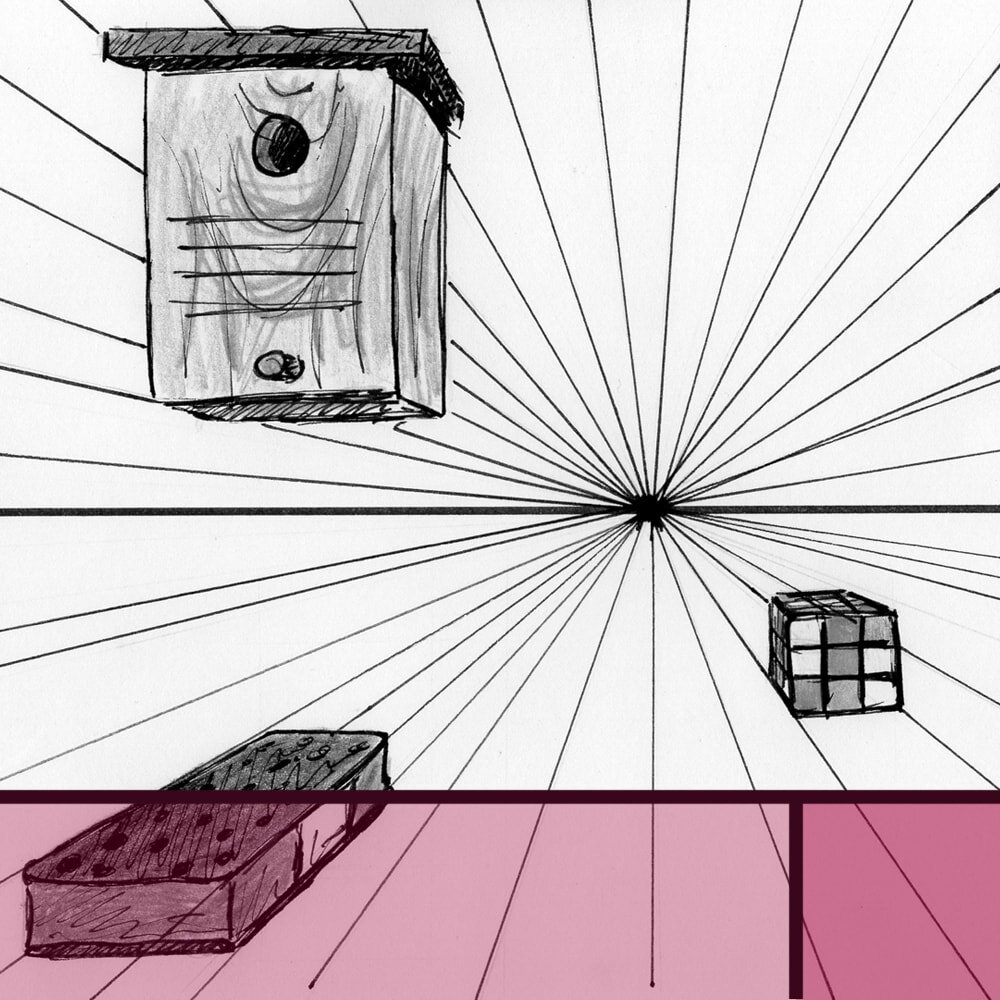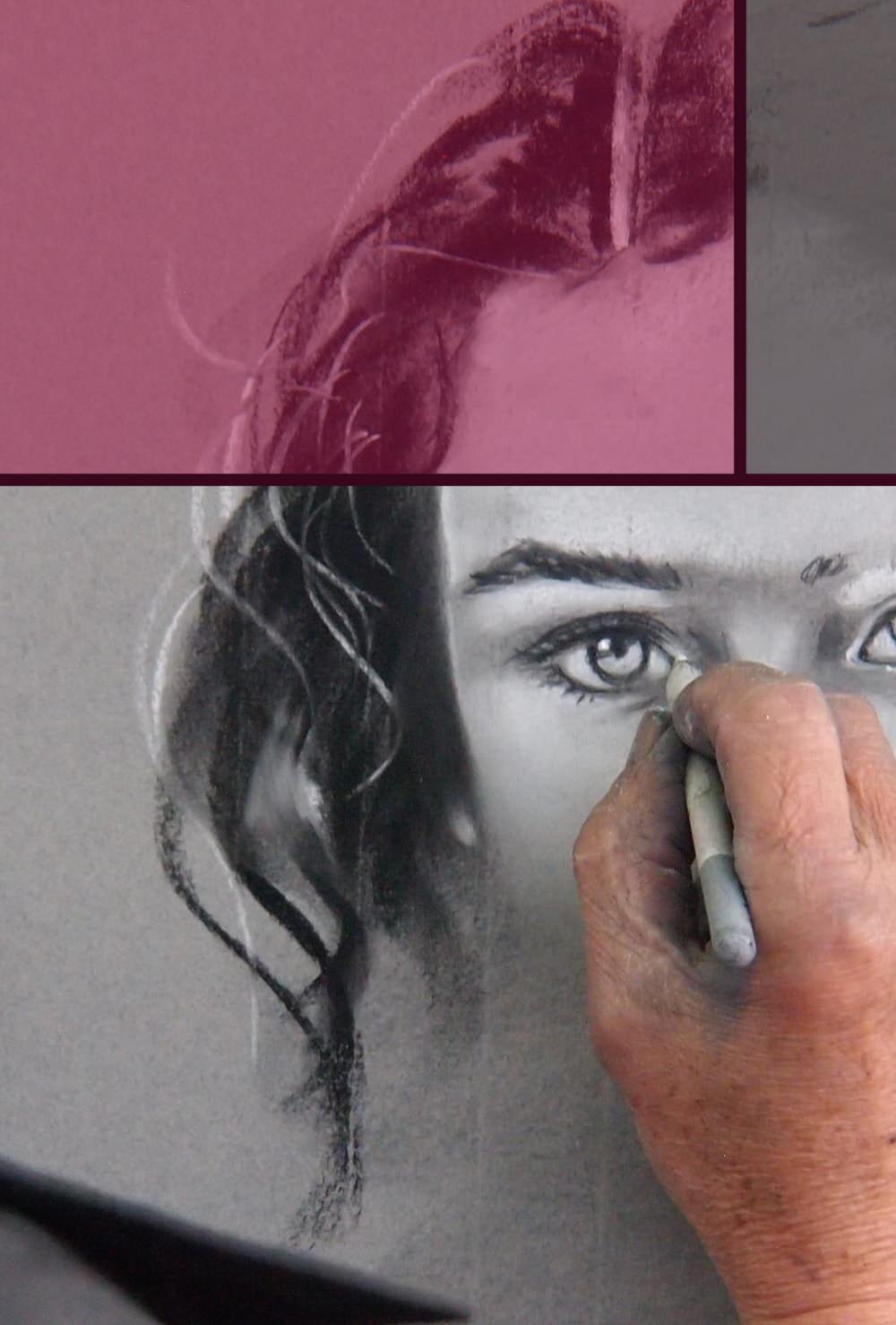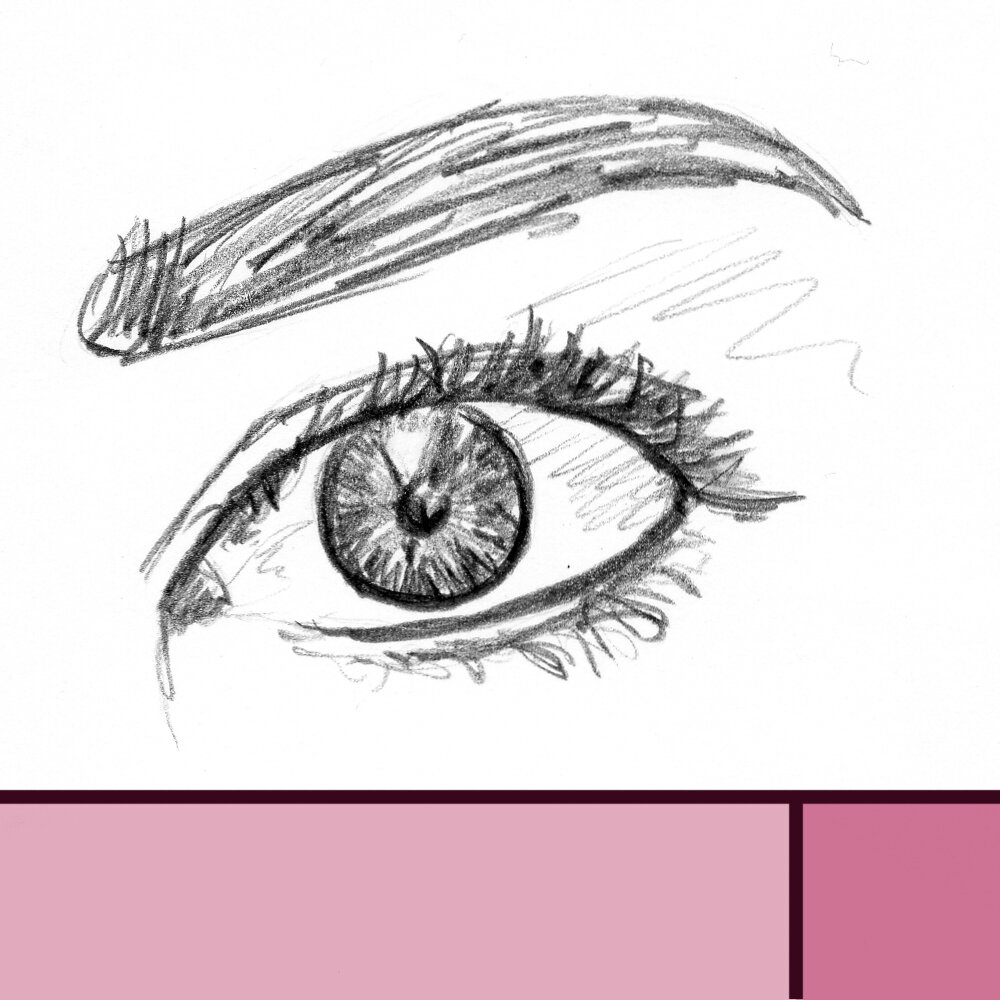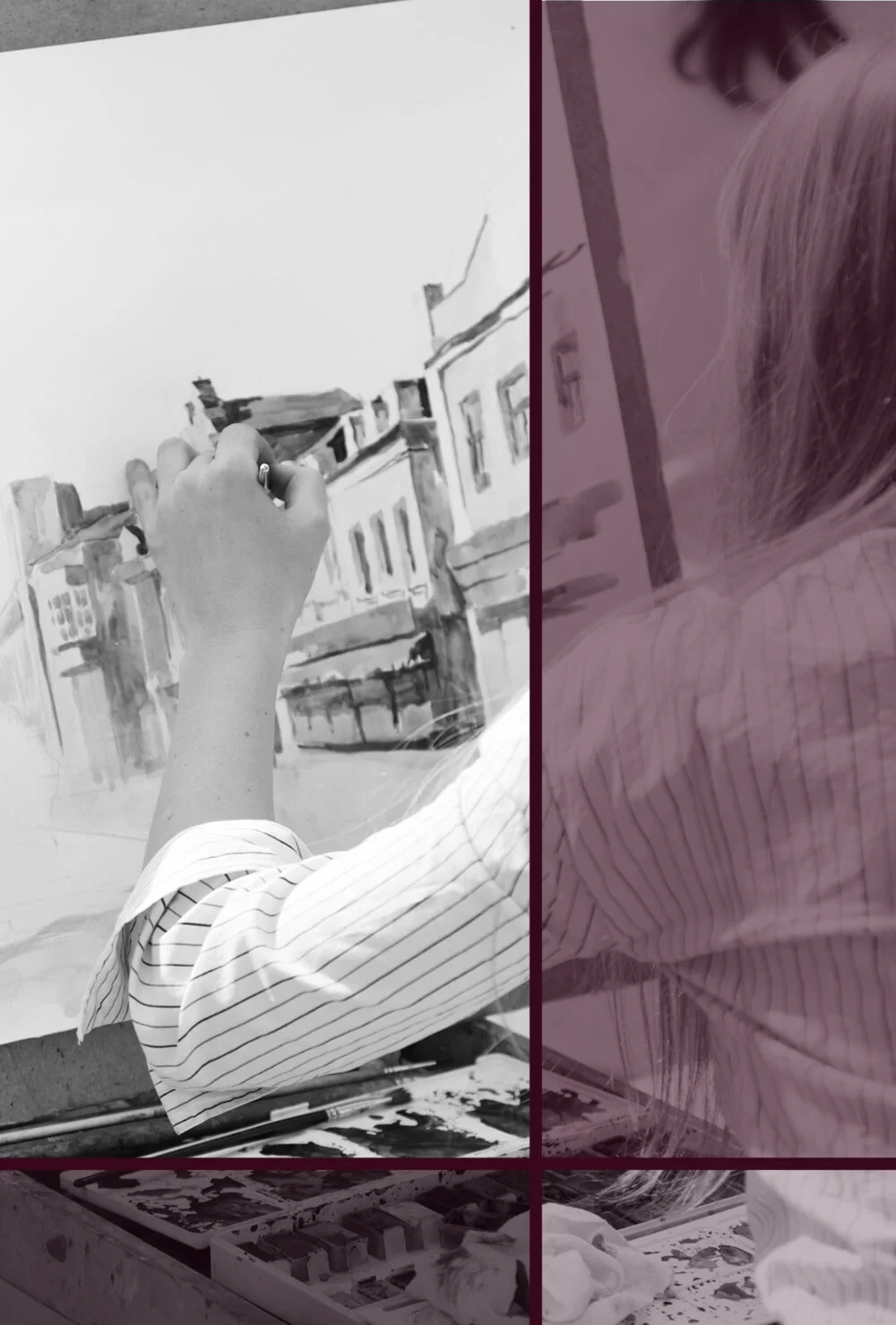Are There Things We Cannot Learn?
Do we, as intelligent, capable adults, have the ability to learn any skill we turn our minds to and excel at it? Or are there some doors that will remain shut for anyone that was not born with a specific gift for it?
Can anyone learn absolutely anything or will some of us get stuck in the beginner stage, intermediate at best, without hope to ever claw their way up further?
When does the challenge start?
Surely there are a lot of skills that can be learned to (near) perfection without too much hassle. Things that have few steps perhaps, such as making a bed or folding napkins into swans.
Other activities have more steps and are harder to do, especially do well. Yet I can't think of anyone who would fail if they attempted, I mean really tried, to learn how to sew a shirt or fix a washing machine.
It might be harder for some, take months to learn instead of days, but in the end they would all do as fine a job of it as any professional, surely.
But there are tasks where the lines begin to blur and we might be less confident about predicting a success rate. Would everyone I know manage to compete in Wimbledon? I suppose, if they had decades of training and the right tutor, but I make this prognosis with reservations.
How about playing chess with the Pros? Even less sure, to be quite honest. Become a Navy Seal?
With the right training, would everyone you know manage to compete in chess tournaments?
I think we’re beginning to approach some of the obstacles that not everyone might be able to overcome.
Physical barriers are an important factor to consider. There are obvious conditions, like a missing thumb causing trouble holding a tennis racket or a weak heart when you're planning to run in the Olympics.
But there are also more subtle handicaps, like small hands for playing the piano or ‘bad feet’ for aspiring ballet dancers.
Can those be overcome? Not in every case. Not in the traditional way, at least. If you have very short legs, I don't see how you would join the hurdling elite. If you're mute, you can't become a singer. But of course, these are extreme examples.
In most cases, in fact, physical boundaries need not stand in the way of success, even fame. If you have small hands you can still play professional piano, you just have hit some chords with a different finger placement.
If your feet aren't great, you can still become a ballerina if you concentrate on developing other features, such as your turns, or your stage presence.
Psychological factors may obstruct the road to success, too. With the right training, would anyone be able to shine as a motivational speaker or actor, or would the crippling stage fright of some of us put a stop to it right in the fledgling state?
Most nerves can be overcome, or managed, it seems, albeit with a lot of time and work. I can think of tons of very introverted celebrities, from Adele to Susan Cain, who frequently stand on a stage in front of thousands of people.
Could anyone make a good care worker, or do you need a certain disposition for such an empathetic job? How about that navy Seal job, should you have a ‘daring personality' for it, or can courage be learned, too?
It is difficult to say, without listing every character trait there is, if each and every one of them can be learned or overcome.
But there is a fact we often forget: personality is a fluent concept. What you could or could not do last year might not apply to you today, or next month.
You might not be as bold now as you were as a child. And after spending a few hours amongst friends you won't be as shy as you were before you left the house.
Personality is a fluent concept. What I could or could not do last year might not apply to me today, or next month.
What about intellect, then? Do we accept the existence of differences in IQ that might set a limit to how much we are able to comprehend? Does nature trump nurture in the age-old discussion?
It is a difficult question to answer, for sure, but almost everyone will have wondered at some point in their life if they're ‘smart enough’ for something.
Do you believe, given the right circumstances, anyone can graduate from university? How about an elite university? Earn a doctorate, fully comprehend the works of Stephen Hawking and stand your ground in a philosophical discussion with Michael Sandel?
I have read the following somewhere and I'm inclined to agree with it: "In order to grasp a topic, any topic, no matter how complicated, all you need is to understand the material one level below it".
You can break down any topic into levels and you can learn them from the bottom to the top. If you're trying to make sense of neuroscience you'd start with beginners chemistry and work your way up until you get there.
In order to grasp a topic, any topic, no matter how complicated, all you need is to understand the material one level below it.
Any human can understand anything that was understood by any other human, logically, because the latter had to arrive there with the exact same steps, even if they got through them quicker.
In order to write down his theory of relativity even an Albert Einstein first had to learn to read, multiply and subtract. Unless time or idleness get in the way, or once again we're talking about very severe cases, the arbitrary concept of IQ is no valid hindrance.
Though whether we could come up with new mathematical or philosophical theories ourselves is another matter. That seems to be a question of ingenuity and creativity, rather than intelligence.
Talent
That brings us to the ‘creative ‘ subjects. Isn't that what we're all here for? You want to know if you need to have a gift for drawing, dancing, playing the violin in order to excel at these. Can you be a great writer, photographer or cook without the talent for it?
Would you doubt you have what it takes to learn another language if you had time enough, practiced enough and found a good instructor? Of course not. So why does it seem different with ‘artsy’ skills? Just because they have the talent-rumour attached to them?
If you try to define ‘having a gift’ it quickly loses its mystery. Because what does that mean, really?
Did fairies stand around Chopin's crib and bestow his musical abilities onto him with their magic wands? Did god himself choose Michelangelo to paint his Sistine Chapel and give him the genius to do the job?
Would you doubt you have what it takes to learn another language if you had time enough, practiced enough and found a good instructor? Why would it be different with ‘artsy’ subjects?
From a more pragmatic standpoint, what we call gift or talent is actually quite simple to explain. The Dictionary describes talent as "a natural ability to do something well". I'd be a bit more specific and say it's a natural ability to learn something at an elevated speed.
But that "something" is neither cooking nor singing nor cutting diamonds. It's one or several parts of these. Because each of these skills can be broken down into numerous requirements, all of which combined make you excel at it.
There is no such thing as a talent for painting. What it actually means is having a talent for one or several of the skills that together make you a painter. You can have a naturally good colour vision, for example. Or the ability to easily remember things visually.
Spatial recognition is another thing that comes easier to some than others. But so far, none of these look to me like something so mystical that it cannot be learned but must be bestowed by an angel’s breath.
Even more important, you don't actually need each and every one of them. If you lack some of these ‘sub-skills’ that does by no means prevent you from becoming a successful painter.
Bad colour vision is surely no obstacle if you paint in black and white for example. Visual memory can be developed, until then you can work with references.
If you want to be a writer but your imagination is lacking, concentrate on your style instead and write true stories or biographies. If your musical rhythm needs work, use a metronome until you're ready.
If there's something you want to learn but you're not sure if you could make it: de-mystify it. Break it down into its constituents, so that you can call your doubts by their actual name. ‘Know thy enemy’, so to speak.
In most cases you will discover that it's just one or two small parts that you're actually worried about.
There is no such thing as a talent for painting. What it actually means is having a talent for one or several of the skills that together make you a painter.
Especially the beginner phase of learning a new skill makes us very susceptible to self-doubt, from realistic to outrageously exaggerated.
Many activities have a high learning curve in the beginning, where it often looks like a mountain you'll never be able to scale. But often progress becomes gradually easier as you move to the higher levels, more fun at the very least.
Child prodigies
Learning something complex, like playing the violin, needs a lot of determination to make it through those early, awkward months (or years, or hours, for some) until you can play the first harmonious tunes.
If you succumb to the temptation of comparing yourself to 12-year old child prodigy SoHyun Ko you mustn't be surprised if your motivation is going to fade (of course you can always get some help from my article 8 Ways to stay Motivated during Long-Term Projects).
And if you’re not one of those few people who thrive on competition, you’ll start to wonder if all your effort is even worth it, looking at your mediocrity compared to what that little girl can do, as mentioned in my post 6 common pitfalls when taking up a new hobby.
But the thing about those child prodigies on YouTube and in the news is this: they’re extremely rare. Just because the media likes to report on it doesn't mean they're everywhere; and not even close to every successful person in an industry counts among them.
Salvador Dalí painted his Landscape of Figueres in 1910, when he was 6 years old. Note that his parents encouraged his art education and he went to drawing school.
But most importantly, their gift, as we've seen already, is often simply the ability to learn one or two smaller tasks easier than others. It looks like they’re born with the skills, but it’s still the same process everyone else goes through, just faster.
Combine that advantage with daily practice from a really young age, professional instructors and endless determination (of the child or the parents) and you've got yourself the sort of South-Korean musical Wunderkind you're comparing yourself to at 1 o'clock in the morning.
Listen to The Rock
As we've seen, a skill such as painting, learning French or playing football is nothing more than a combination of many small parts.
Figure out what these parts are and see which ones, if any, might be technically impossible for you to develop. Then find a way to succeed without them, perhaps by enhancing some of the other skills instead.
Whatever is left will be either abilities that'll come easy to you or the dreaded ones that you'll need to allocate a bit more time to.
And for that all you really need to succeed is determination, dedication and time. Or, as the one and only people's champ Dwayne The Rock Johnson puts it: "Success isn't always about greatness. It's about consistency. Consistent, hard work gains success. Greatness will come".
I think it's often about whatever we are trying to learn when we're most critical about the required abilities. Are you saying that even if you practised a lot you would never be able to become any good at dancing?
Would you give your friend the same answer, if they wanted to learn it? Would you think it? Even Frances Houseman learned it in the end, after all.
The conclusion must be that almost anything can be learned to a professional level if the learner is willing/able to put enough time, practice and work into it. With the exception of some rare obstacles (usually physical impediments) that cannot be overcome in the traditional sense.
"Success isn't always about greatness. It's about consistency. Consistent, hard work gains success. Greatness will come."
‘Talent’ is not a requirement for any activity, but simply an enhancer. Which is why it's so easy to give up without it, because everything looks like more work and takes much longer to learn.
And most importantly, everything is a question of determination. I have no doubt I could become a fabulous glassblower, or attorney, if I put my mind to it, but I would have to have some powerful incentive to not give up along the way.
To truly excel, even at something we really want to learn, some of us will have to put more work in than others, for sure. Some need weeks to learn to play the guitar, others decades. In the end though both have learned.
I would never tell a friend they can't learn to dance "really well" if they practised hard, had a lot of time and perhaps a good instructor.
But I easily question whether I have what it takes to become a decent artist, no matter how much work I put into it. And that is ridiculous, so I'm going to stop that.
And the next time you question your own capabilities I hope you’ll remember this little post and stop that, too.
Did you enjoy this article or feel like you have anything else to add? Feel free to leave me a comment below!
If you like this post, please share it, so others may like it too!

